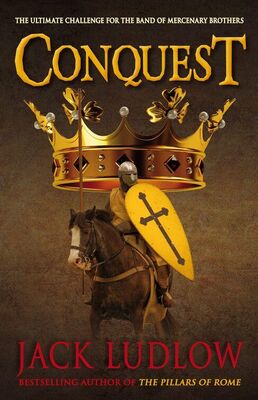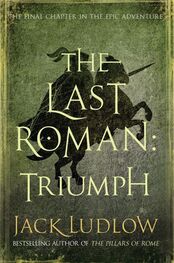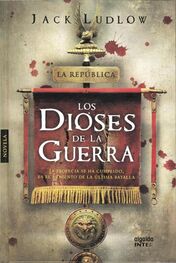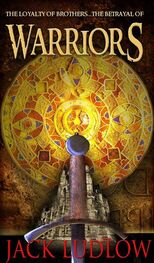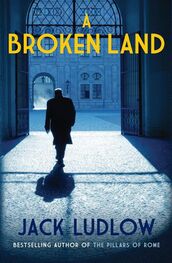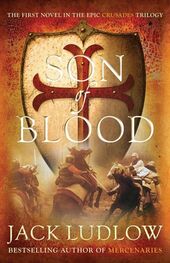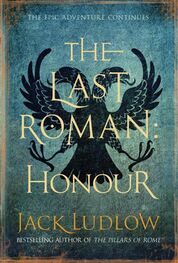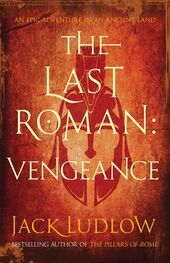Now Robert had what he wanted, a city cut off from supplies and he also sent men to secure the mountain passes that led to Palermo, so no relief could come from the landward side. Famine was his weapon; it had aided him before and it must do so now. Yet there was hope for the besieged: news came from Apulia of yet another revolt, this time backed by Robert’s powerful brother-in-law, Richard of Aversa, Prince of Capua, who had made common cause with that miserable slug, Gisulf of Salerno.
Would Robert scuttle back to the mainland, as he had been obliged to do so many times previously, to suppress such puissant enemies, taking with him most of his army? For days they waited for the sign of his departure, but they waited in vain. Robert knew he would never have such a chance again, but it was obvious to the Saracens and Normans alike that any decision, for him, must be a swift one. Palermian hopes rose: would one more hard fight convince the Guiscard that time was against him?
The key to the city was the walled section called the Al-Qasr, the old town full of mosques and souks, with its own fortifications and a wall long enough to require a total of nine gates. It was a fact obvious to besieger and besieged alike, and the inhabitants were not content to just let their enemies attack. They sallied forth in desperation, employing much of their remaining strength, and in taking on Roger’s milities, showed themselves more than equal, driving them back.
Yet once again a measure of success was their undoing: they pushed too far and left themselves vulnerable to the Normans, now mounted and thus at their most effective. No Saracen horde, however brave and fired by religious fervour, had ever stood against Norman cavalry and this time was no different. They broke at the first charge, running for the gate by which they had emerged, only to have their fearful compatriots, seeing the fast-riding Normans in amongst them, shut it in their face, leaving them to be slaughtered against the walls, till not a man was left standing.
Robert, given a weakened defence, seized his chance: the great siege towers, seven in number, which had been waiting for such an opportunity, were trundled forward, though memories of Bari made many reluctant to climb them. It was, for a second time that year, left to the younger de Hautevilles, Serlo, Jordan and Bohemund, to lead the way. Swords and shields in hand, they rushed to the top and as they hit the walls began to fight with a degree of ferocity rare even for their race: they and the men they led knew that to do otherwise was to die.
Despite such efforts, Al-Qasr remained unconquered. Robert, good general that he was, had seen that with the defence before his family so strong, and given the recent Saracen losses, other parts of the walls must have been denuded. Telling Roger to press home the attack to pin the defenders, he led three hundred Norman lances to another part of the walls, hard by the port and his instinct proved right: they were undefended. Ladders were sent up and the ramparts scaled; soon the Normans were on the ground rushing to open the gates and allow Roger’s main body entry to the streets of the city.
Still the defenders fought on, but when night fell it was obvious the defence was broken. It was time for Palermo to seek terms.
The formal entrance of Robert de Hauteville into the city had to be ceremonial and it was so: he came dressed in a golden cloak and mounted on a magnificent horse. Followed by his family, with Roger near level to his brother, the Duke of Apulia and Calabria came to claim the last fief granted him by the Pope: he was truly now Duke of Sicily as well. Roger, who would henceforth be known as the Great Count of Sicily, had the satisfaction of knowing that in this conquest he had been the engine and he suspected that with the endemic revolts in Apulia, plus Robert’s desire to take Constantinople, the future conquest of the rest of the island was likely to fall to him. Robert would also have to deal with Richard of Capua, a contest too long delayed, as well as Salerno: miserable Gisulf would require to be chastised. But first, having listened to the oaths of future fealty, Robert had to address his new subjects.
That his words were coloured by his difficulties on the mainland did not detract from the significance; he had shown leniency at Brindisi and Bari, now it was time to do the same in Palermo. If the people conquered by the de Hautevilles had wondered how so few now held sway over so many, it was in a legacy that came down from their Viking forebears. Conquest was one thing, to hold that which you had gained and prosper from it another. William had known it, so had Drogo and Humphrey in their turn: be cruel if you must, but be light of touch where you needed to be.
‘Know this,’ Robert called from the steps of the emir’s palace. ‘No man shall suffer for what has happened here, no property save that which comes to me as your lord and master will be confiscated, and all I ask is that you pay me annually the tribute due to me as your suzerain. No one will bear any burden for their religious belief, no follower of the Prophet will be asked to convert, no mosque, save those which were originally Christian churches will be touched, the latter to be re-consecrated in the faith we hold to our hearts, and we will request to Rome for the appointment of an archbishop of this, the Pope’s new diocese. I desire only that we live together in peace and harmony and that you, my subjects, will abide by what laws that can make that a reality. My brother, the Great Count of Sicily, Roger de Hauteville, will be my supporter in this, and it is he who will hold for me these possessions. In all things, when he speaks, he does so with my authority.’
Roger was called forward to take a vow to uphold his brother’s commands, then Robert de Hauteville held up his hand as the priests began, for the first time in two hundred years, and under that gifted papal banner, to say the words of a Christian Mass in Palermo, this time in the Roman rite. To the men Robert and Roger led, kneeling and listening to the Latin liturgy, this was truly ordained by God, for the conquest of Southern Italy was complete.
